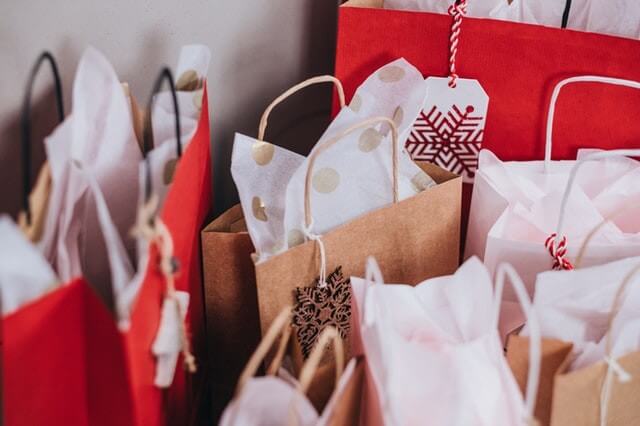
Embrace online shopping with your eyes open!
If you’re like me, you may find yourself doing your Christmas shopping online.
There are many reasons why online shopping has become a way of life for many Australians. The top reason is convenience. You can compare prices between a large array of companies; you can have your items delivered directly to your home, and gasp, shock, horror… you don’t have to worry about finding that elusive car spot or dodging the manic crowds.
It is predicted that by 2020, 1 in 10 items will be bought online (Inside Australian Online Shopping 2018 eCommerce Industry Paper).
While the many benefits are wonderful, there are also things you should be aware. Following, you will find the top 8 things to be aware of to protect you, and your purchases.
- Sketchers or Skechers? – Beware of fake companies that pretend to be well-known brands. Do checks to see if the site is reputable. Check the spelling of names. It’s very easy to think you are buying Skechers when in fact you are purchasing knock off Sketchers. Check reviews and compare logos and addresses.
- Australia or Overseas? – This is something to keep an eye out for. Even companies that have AU in the web address may have their company base located overseas. This mistake could add time to your delivery timeframe, and you may have to pay import taxes. You could also find that products are not compatible, g. they may not have Australian plugs
- Buyer’s remorse, faulty item and returns – It looked great on the computer. However, the lovely dress turned out to be the wrong size or colour. Maybe the quality was not what you believed when placing the order. Can you send it back? Who pays for postage? Be sure to check your rights. Useful links are provided below to help you know your rights. Be sure to check them out!
- When is a bargain not a bargain? – You find an item that costs 20% less than everywhere else. Wow, what a bargain. Tempting isn’t it? How could it be so cheap? The key is in the details. Does in come with original packaging or include instructions? Does it have a warranty? Are the delivery fees standard or are there additional cost (e.g. handling fee)? Remember to check what is included as the hidden costs may cost you more than other sites which appeared to be dearer. Sometimes, things really are too good to be true.
- Click with care! –You don’t want to open up your computer to malicious software, viruses and scams. Ensure you have a secure firewall (which is turned on!) Before entering any personal information or credit card info onto a shopping site look to see if the web address on the page begins with “https:”, not “http:” That added “s” at the end of https:// in the address bar means you’re shopping on a secure server and website.
- Where did you get my details? – Have you ever bought something and then within days you are inundated with promotional emails? Your details may have been sold or shared. Remember to check the companies’ privacy policy. Be sure to only provide information that is relative to the order. Ask yourself if they really need to know all your information for the order? You could be asked to complete satisfaction surveys online regarding your purchases and habits. Take care you only provide the information you wouldn’t mind them knowing or better yet, don’t complete at all.
- To be a Guest or not – If you can check out as a guest, go ahead. Unless you plan to visit the site often, don’t open an account. Companies push for you to create an account as a way of tracking your spending and adding you to their mail list. If creating an account is unavoidable, you can always unsubscribe after you receive your package. Imagine how many accounts you could end up with if you register with everyone?
- Free Wi-Fi – You are logged into The Coffee Club’s free Wi-Fi and decide to do a little online shopping while you wait. STOP! Public Wi-Fi is not secured. Anyone has access to free public internet, so that means anyone has access to anything you access on that public internet. A good suggestion would be to consider using a VPN (virtual private network) to encrypt any information transfers between Wi-Fi and your device.
Websites:
- Australian businesses – online shopping page
- Private seller – online shopping page
- Overseas business – online shopping page
- https://www.accc.gov.au/consumers/online-shopping/shopping-online
- https://www.australia.gov.au/information-and-services/business-and-industry/consumer-rights
The Money Edge | Bundaberg

.png)
.png)
.png)